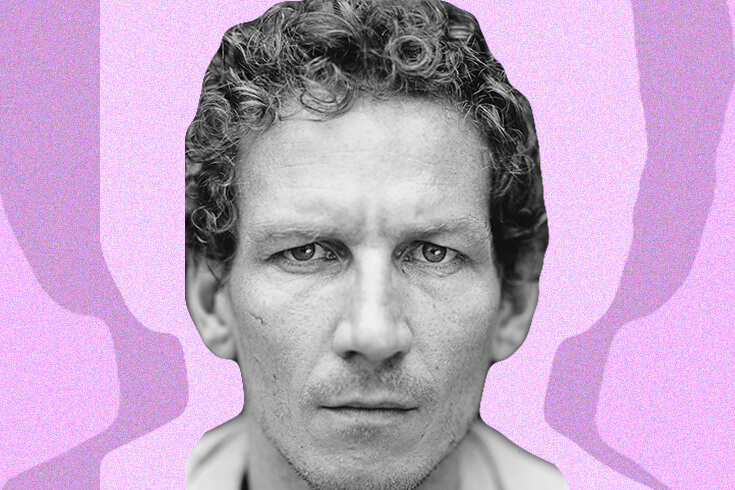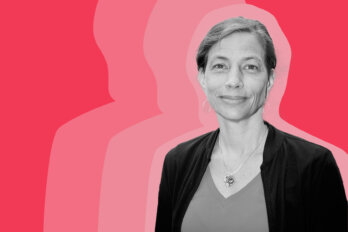Not normally drawn to the preordained,
but in Max Liebermann’s
“The Flax Barn at Laren,” his weavers
retreat, freed from their
wheels, hand turned
by children on stools. Pearly North Sea light
traces tangents of flax
thread warming the women’s hands.
The barn could revolve
around one central
post, a parallax effect reducing the weavers
to few, partially blocking some,
while children remain shadowed lumps
at labour, engines
in wooden shoes
none of us can un-see though don’t bother
naming. Each should be
mounted on Strand Eseln in lee of coastal
dunes, sea grasses,
sand fleas, and
the tufted manes. There’s a photo of Walter
Benjamin, age four, perched
on a beach donkey at a Trassenheide resort.
Short pants, his little knees,
his gaze hooked
on a flash of bright beyond the left shoulder
of the lens that’s trained
on him—though I would say that. Perhaps,
to him, he’s looking exactly
where he’s been directed
to look, smile, please, hold the reins and wait.
Overhead, the stage of a pier
follows perspective lines, dutifully collapsing
at a roofed shelter some
way out to sea,
low tide, the vertical and offset piles climbed
by kelp and mussel reverse
the light-dark schema of the donkey’s
legs or continue Walter’s
bare, plump legs
disappearing into black ankle boots. Weirdly,
if you look for the photo
online, it comes always twinned with one
of Kafka at six, in studio,
holding the reins
of a toy-horse-slash-sheep, deeply aware of his
ears in light, ferns, fake
spruce staged on broad planks arranged to mean
wilderness keep company
with his thick wool
breeches over black knee socks and riding boots
we can count the buttons
of. The sheep-horse has a feather in its cap,
a single hieroglyphic
eye. The young are
to die when we say in service of our need
for replications of them.
I’ve kept 106 digital images of Jack and Rosie,
the animals my son
would not ride
that summer at the Scarborough seaside.
Infinitely gentle, blanketed
donkeys with eyes like misted bitumen,
he’d stare, from a ways
off, then slowly shake
his head, even walked the same circuit some
distance from them as kids
lined up for their turn. Where do they live, Dad?
Who named them? When?
Don’t they get bored?
He didn’t ask me any of that. Not then. And has
no memory now of ever
having been there, the crab’s shell drilled
through by gulls I showed
him, the turn in weather,
far out over water, as though the sea had risen
in anger. The walk back,
all quiet, holding a featureless stone striped
once by quartz, common,
but his now, kept warm.




